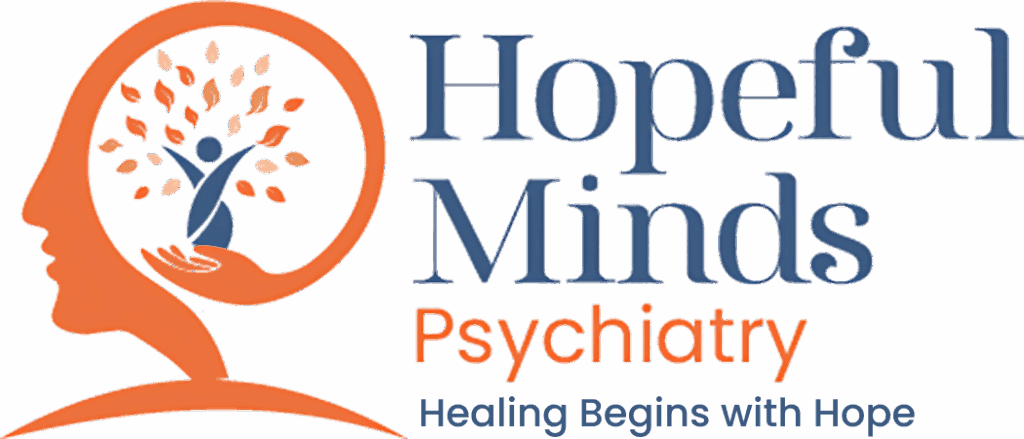Reclaim Peace of Mind—One Thought at a Time
Obsessive-Compulsive Disorder is more than just a need for neatness or quirky habits. It’s a serious mental health condition that can disrupt every aspect of daily life, but with compassionate care and the right tools, healing is within reach.
What Is OCD?
OCD is a chronic mental health condition marked by intrusive, unwanted thoughts (obsessions) and repetitive behaviors or rituals (compulsions) aimed at reducing the anxiety these thoughts bring. These patterns can interfere with work, relationships, and daily functioning—but the good news is, OCD is treatable.
Common Types of OCD
We understand that OCD doesn’t look the same for everyone. Some common subtypes include:
- Contamination OCD: Involves excessive fear of germs, illness, or dirt, often leading to constant cleaning or hand-washing.
- Checking OCD: Persistent doubt that leads to repeatedly checking locks, stoves, or appliances to prevent imagined disasters.
- Symmetry & Order OCD: A need for things to feel “just right” or perfectly aligned, often causing distress if disrupted.
- Harm OCD: Obsessive fears about causing harm to oneself or others, even if there’s no desire or intent to do so.
- Intrusive Thoughts: Disturbing or taboo thoughts that are unwanted and cause extreme anxiety.
Signs and Symptoms
OCD may manifest in various ways. Common indicators include:
- Intrusive Thoughts: Recurring, distressing thoughts you can’t control.
- Compulsive Behaviors: Actions taken repeatedly to reduce anxiety or prevent a feared outcome.
- Avoidance: Steering clear of places or people that trigger obsessions.
- Excessive Rituals: Spending significant time on routines that interfere with life.
- Emotional Distress: Feeling frustrated, overwhelmed, or hopeless due to constant mental conflict.
What Causes OCD?
There’s no single cause of OCD. It’s typically a combination of genetic, neurological, behavioral, and environmental factors. Family history, chemical imbalances in the brain, and past trauma or stress can all contribute to its development.
Diagnosis and Evaluation
At Hopeful Minds Psychiatry PLLC, we perform comprehensive evaluations that include clinical interviews, behavioral assessments, and symptom screening tools. This allows us to develop a clear understanding of your unique experience and build a treatment plan that works for you.
Treatment Options for OCD
We offer evidence-based and compassionate treatment options to help manage and reduce OCD symptoms:
- Cognitive Behavioral Therapy (CBT): Particularly Exposure and Response Prevention (ERP), a gold-standard treatment for OCD.
- Medication Management: Including SSRIs and other medications proven to reduce obsessions and compulsions.
- Telepsychiatry Services: Convenient access to care from the comfort of your home.
- Integrated Support: For co-occurring conditions like anxiety, depression, or PTSD.
Why Early Treatment Matters
Addressing OCD early can lead to faster improvement, reduce symptom severity, and help you regain control over your life. Treatment empowers individuals to confront fears and learn new ways of thinking and responding—long before OCD spirals into deeper disruption.
Why Choose Hopeful Minds Psychiatry PLLC?
- Personalized Care: Every treatment plan is tailored to your specific needs.
- Experienced Providers: Our clinicians are trained in advanced OCD treatment modalities.
- Judgment-Free Zone: We offer a safe, empathetic environment where you are truly heard.
- Whole-Person Focus: We consider your emotional, mental, and social well-being.
- Flexible Services: Including in-person and virtual visits to suit your lifestyle.
Take Control of Your Thoughts
You are not your OCD—hope begins here.
We’re here to help you untangle the distressing cycle of obsessions and compulsions with expert support and proven tools. Book an appointment today and take the first step toward a calmer, more balanced life.
